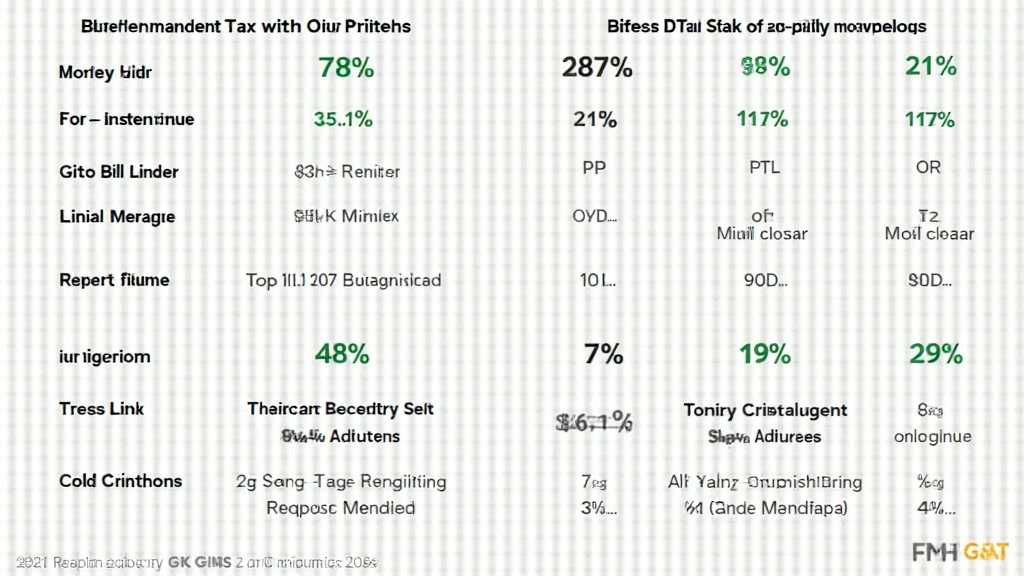Understanding Bitcoin Property Capital Gains Tax
Understanding Bitcoin Property Capital Gains Tax
With more individuals investing in cryptocurrencies, understanding the tax implications associated with Bitcoin property is crucial. According to a recent survey, over 20% of American adults own cryptocurrency, making the question of how to handle taxes on those assets increasingly relevant. So, what should you know about capital gains tax related to Bitcoin and other cryptocurrencies?
What is Bitcoin Property Capital Gains Tax?
Capital gains tax is a tax on the profit you earn from selling an asset. When it comes to Bitcoin and other cryptocurrencies, the Internal Revenue Service (IRS) classifies them as property. This means that any gains you make from selling Bitcoin are considered capital gains and are subject to taxation.
Understanding Capital Gains Types
- Short-term Capital Gains: These are gains obtained from the sale of assets held for one year or less. They are taxed at ordinary income rates, which can be higher than long-term rates.
- Long-term Capital Gains: Gains from assets held for more than one year are generally taxed at reduced rates. For many taxpayers, these rates range from 0% to 20%.
How to Calculate Capital Gains on Bitcoin
To properly assess your capital gains for tax purposes, follow these steps:

- Determine the cost basis of your Bitcoin (what you paid for it).
- Calculate the selling price of the Bitcoin when you sold it.
- Subtract the cost basis from the selling price to find your gain.
For example, if you purchased 1 Bitcoin for $10,000 and later sold it for $15,000, your capital gain would be $5,000.
Example of Capital Gains Calculation
Initial Purchase Price: $10,000
Selling Price: $15,000
Capital Gain: $5,000 (Selling Price - Purchase Price)
Implications of Bitcoin Property for Investors
Investors should be aware that frequent trading can lead to higher taxes due to accumulating short-term capital gains. Since many individuals trade Bitcoin for higher yields, understanding how these trades affect tax liabilities is essential. In addition, if you live in Vietnam, recent research shows that the number of cryptocurrency users has increased by 150% in the last year, making this knowledge even more pertinent for local investors.
Strategies for Minimizing Capital Gains Tax
To optimize your tax situation regarding Bitcoin trading, consider the following strategies:
- Hold for the Long-Term: Whenever possible, holding your Bitcoin for over a year can significantly reduce your tax liabilities.
- Utilize Loss Harvesting: Offset your gains by selling other assets at a loss.
- Stay Informed on Local Regulations: Rules vary by country; for instance, Vietnam might offer different guidelines than the U.S.
The Importance of Seeking Professional Advice
Given the evolving landscape of cryptocurrency regulations, it’s highly advisable to consult a tax professional. They can provide tailored advice based on your personal circumstances and help navigate compliance issues effectively.
Conclusion
Understanding Bitcoin property capital gains tax is vital for anyone involved in the cryptocurrency market. As the user base continues to grow in places like Vietnam, staying updated about tax regulations and strategies is more important than ever. Remember, not all financial decisions are straightforward; consult a tax advisor to ensure you’re optimizing your investments while remaining compliant with local regulations.
For more information on cryptocurrency taxation, you may want to read our Vietnam crypto tax guide and stay ahead in the ever-evolving space of digital assets.



